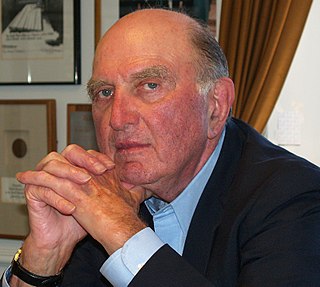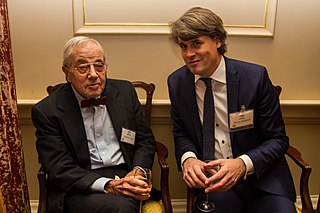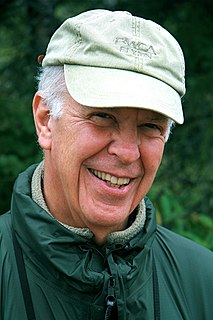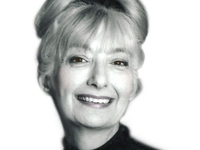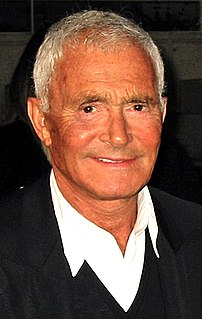A Quote by Dalai Lama
Even secular humanism has great spiritual resources; it is almost like a religion to me.
Related Quotes
In contemporary society secular humanism has been singled out by critics and proponents alike as a position sharply distinguishable from any religious formulation. Religious fundamentalists in the United States have waged a campaign against secular humanism, claiming that it is a rival "religion" and seeking to root it out from American public life. Secular humanism is avowedly non-religious. It is a eupraxsophy (good practical wisdom), which draws its basic principles and ethical values from science, ethics, and philosophy.
Humanism is an overemphasis on human worth and ability, leading man to glorify himself instead of God...While its historical forms may vary, humanism inevitably leads people away from God and spiritual concerns. It promotes the false idea that man is good and that he is superior to God. Secular Humanism of the twentieth century altogether rejects belief in God and worships man as God. The pride of humanism will not go unpunished.
Western liberal humanism is not something that comes naturally to us: like an appreciation of art or poetry, it has to be cultivated. Humanism is itself a religion without God-not all religions, of course, are theistic. Our ethical secular ideal has it's own disciplines of mind and heart and gives people the means of finding faith in the ultimate meaning of human life that were once provided by the more conventional religions.
Secular humanism does not have the essential attributes of a religion: belief in a deity, the wish for some sort of afterlife, sacred dogma or texts, or an absolutist moral creed. Instead, it expresses a philosophical and ethical point of view, and it draws upon the scientific method in formulationg its naturalistic view of the nature.
For people raised and programmed on the patriarchal religions of today, religions that affect even the most secular aspects of our society, perhaps there remains a lingering, almost innate memory of sacred shrines and temples tended by priestesses who served in the religion of the original supreme deity. In the beginning, people prayed to the Creatress of Life, the Mistress of Heaven. At the very dawn of religion, God was a woman. Do you remember?
I'm not against religion in the sense that I feel I can't tolerate it, but I think written into the rubric of religion is the certainty of its own truth. And since there are 6,000 religions currently on the face of the earth, they can't all be right. And only the secular spirit can guarantee those freedoms and it's the secular spirit that they contest.



